Hello real estate investors,
We have nicknamed our son Bruce, Bruce Wayne (Batman), ever since we found out he’s a boy from the ultrasound. We are so used to this name that we decided to name him Bruce.
 Too bad we are not parents of the fictional Bruce Wayne, because we really wouldn’t need to worry about how to finance the future education of our children. 😉
Too bad we are not parents of the fictional Bruce Wayne, because we really wouldn’t need to worry about how to finance the future education of our children. 😉
Previously, I discussed why we chose to invest in real estate for Robin’s future education rather than using Registered Education Saving Plan (RESP).
Someone asked me, “Why would you invest in real estate when you can have free money from the government?”
The “free money” he’s referring to is the 20% Canada Education Savings Grant (CESG) you will get from the government based on your annual contribution up to a maximum of $500 per year and a lifetime limit of $7,200.
Contribution of $2,500 will give you the maximum benefit from the government of $500 a year.
Similar to Registered Retirement Savings Plan and Tax Free Saving Accounts, there are only limited numbers of options to invest. Owning an investment property isn’t one of them!
If you are getting ever closer to your own retirement, you need to make sure that you have a decent amount of savings, and if you are making the decision to invest your money so you can earn a bit more, you need to learn what works and what doesn’t. Planning for your retirement is really important because it determines your quality of life after you have stopped working, therefore it is essential that you have saved and invested all your hard-earned money wisely.
Just make sure you think about these options thoroughly before making any further decisions, especially as owning a property isn’t the best route to take, even though you thought it would be.
We are Chinese and we love bricks over the piece of paper (share certificate I mean)! J In the old days, all Chinese houses have been made from bricks. Bricks are metaphors for houses. Buying houses are buying something you can see and you can touch.
The bricks give us a sense of security; we know what we are getting ourselves into. It is funny, but it is so true! (I can be a control freak myself, but hey, seeing something we can control is always better than not!)
Unfortunately, RESP does not allow us to own real estate. Our choices are mostly left with mutual funds and stock market.
Let’s assume that we make the minimum contribution to get the maximum amount of “free money” from the government and we get a 10% compound return over all the years of contributions.
By the end of 15th year, we will make a total contribution of $36,000 and get $7,200 of government “free money”.
By the end of 18th year when Bruce is ready to qualified for post secondary school, we will have 217% return, roughly $137K ($36K of which is the original investment) available for school.
What if Bruce decides to follow his dad’s foot step and starts his business early, instead of attending the qualified programs?
We can choose to wait. We are allowed to keep our plan open for 36 years. If Bruce ever changes his mind, the money will still be there for him to withdraw for his qualified educations. After the 36 years, the plan has to be collapsed.
We can also choose to transfer the money to Robin, or other children, provided certain conditions are met.
We can choose to close the plan.
- We can withdraw the $36,000 contribution tax-free.
- We have to repay the $7,200, the free money, to the government.
- The $94K return that we accumulated over the years, will be taxed in our names, since we are the one contributing into the plan. On top of it, there is an additional 20% fees charged.
- In our example, if we are at the top rate in Ontario today, we will have to pay roughly 50% tax on the $94K. So we are left with $47K.
- We are also required to pay a 20% fees to the government – meaning $18,800 additional fees are payable.
- Net amount left = $94K – $47K – $19K = $28K left.
We have one final option with the $94K accumulated earnings in our plan. Provided that we have sufficient RRSP contribution limit, we can transfer a maximum of $50K into our RRSP. This will lower our 20% fees and our taxes for the time being.
Let’s be realistic for a moment here. 10% return in today’s stock market is difficult to find. Let alone doing it repeatedly over 18 years for a compound return of 10%. We may not have to pay for 20% penalty as mentioned in the above example.
We haven’t even talked about the fees we can be charged by these plans!
One of my clients actually has the opposite problem. The fund he chose for his kids’ RESP was too conservative and isn’t giving him enough of a return he deserves. With the fees he has to pay, he isn’t doing very well with his RESP and he is contemplating cashing out to invest in real estate instead.
Now, let’s look at a different scenario – what if we incur some losses in RESP?
If we incur losses, it will first be applied to the gain we previously make. If we incur more losses, it is then applied to the contribution we make.
Now if the losses are bigger than the contribution amount, then it will go against the government’s free money.
In our example, if we make zero dollar return for 18 years and incur $40,000 losses (it’s sad), the first $36,000 is applied toward the contribution we’ve made, then the $4,000 is applied to the $7,200 free money we get.
When the child withdraws the leftover money of $3,200, he would still have to report it as income, being taxed at his marginal tax rate. Sad, isn’t it? Free money isn’t free after all.
Like I concluded in my first blog post about RESP, it’s always nice to start savings, somewhere, somehow. It can take years for us to accumulate sufficient cash to buy our first investment property, but it may still be worthwhile to do that outside of this plan.
Until next time, happy real estate investing!
Cherry Chan, CPA, CA
Your real estate accountant
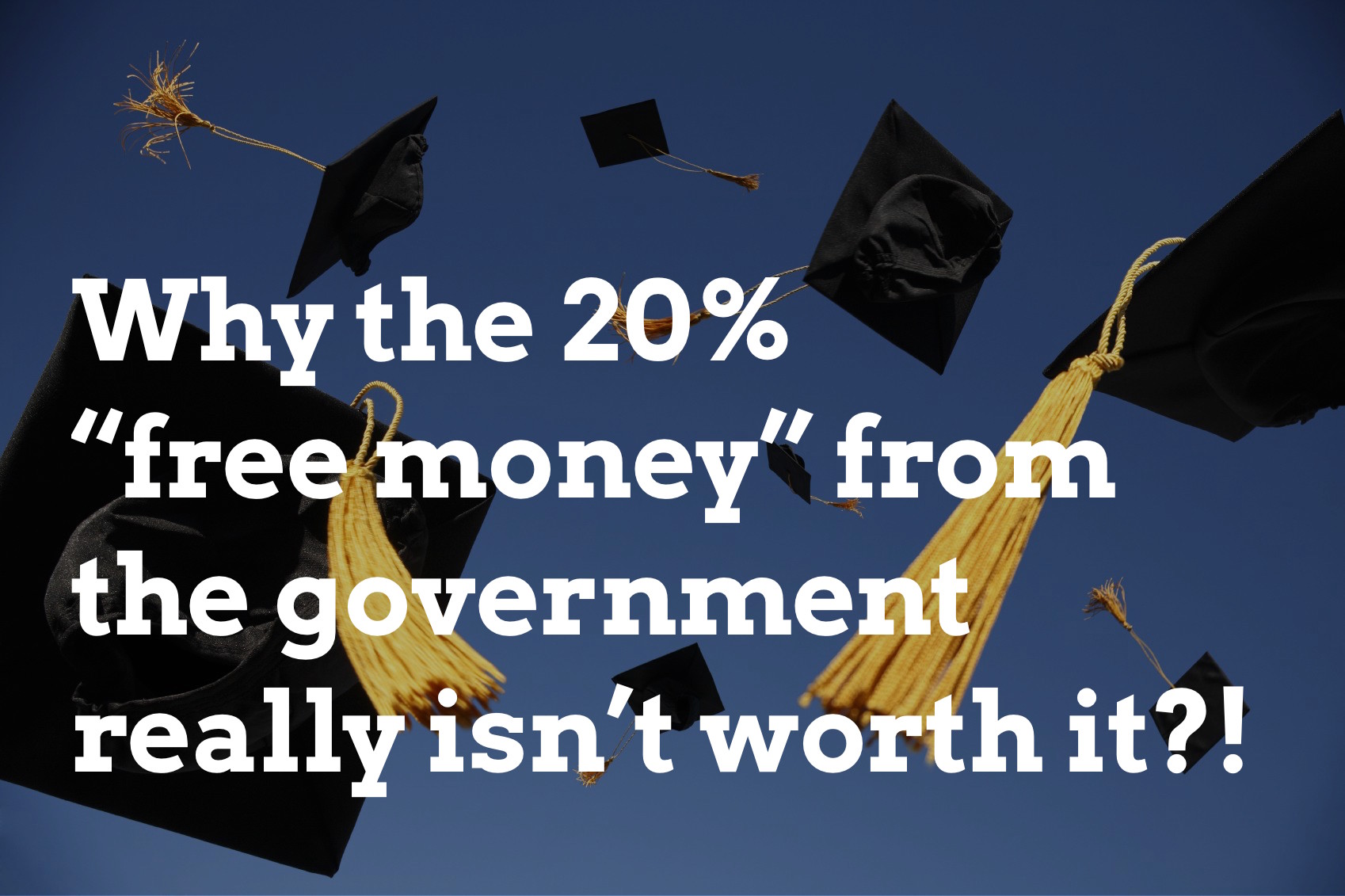
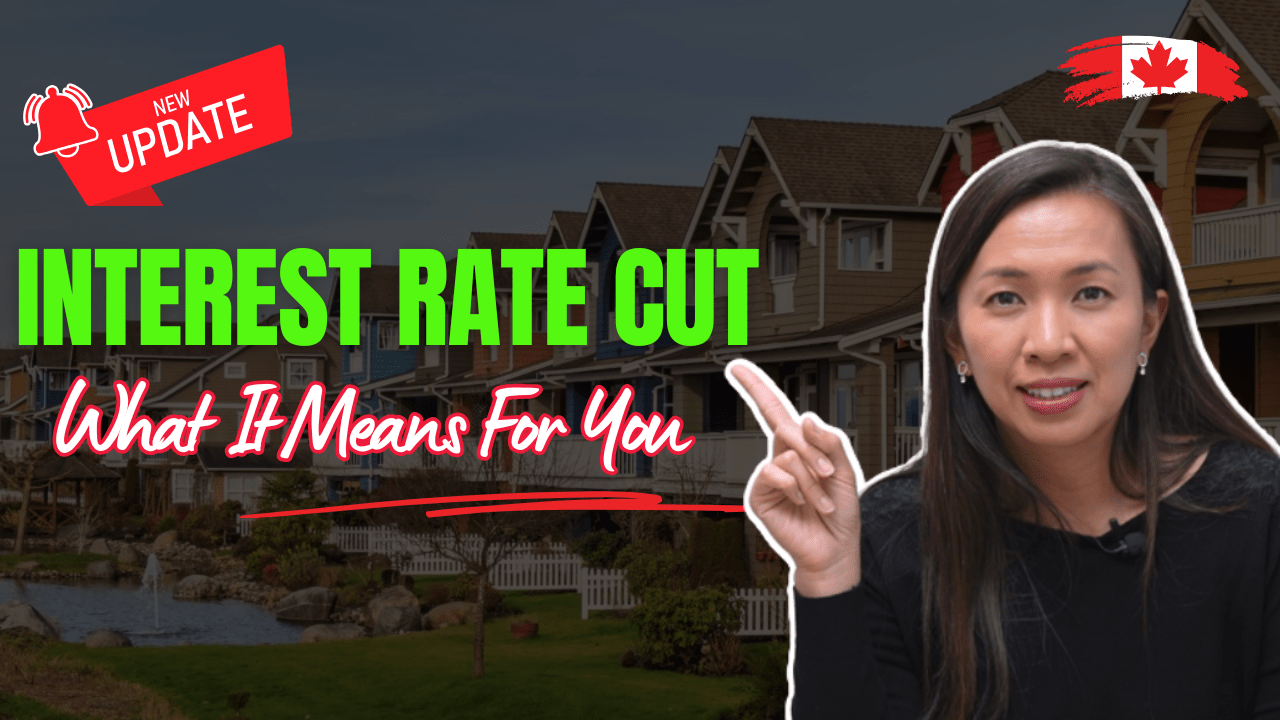

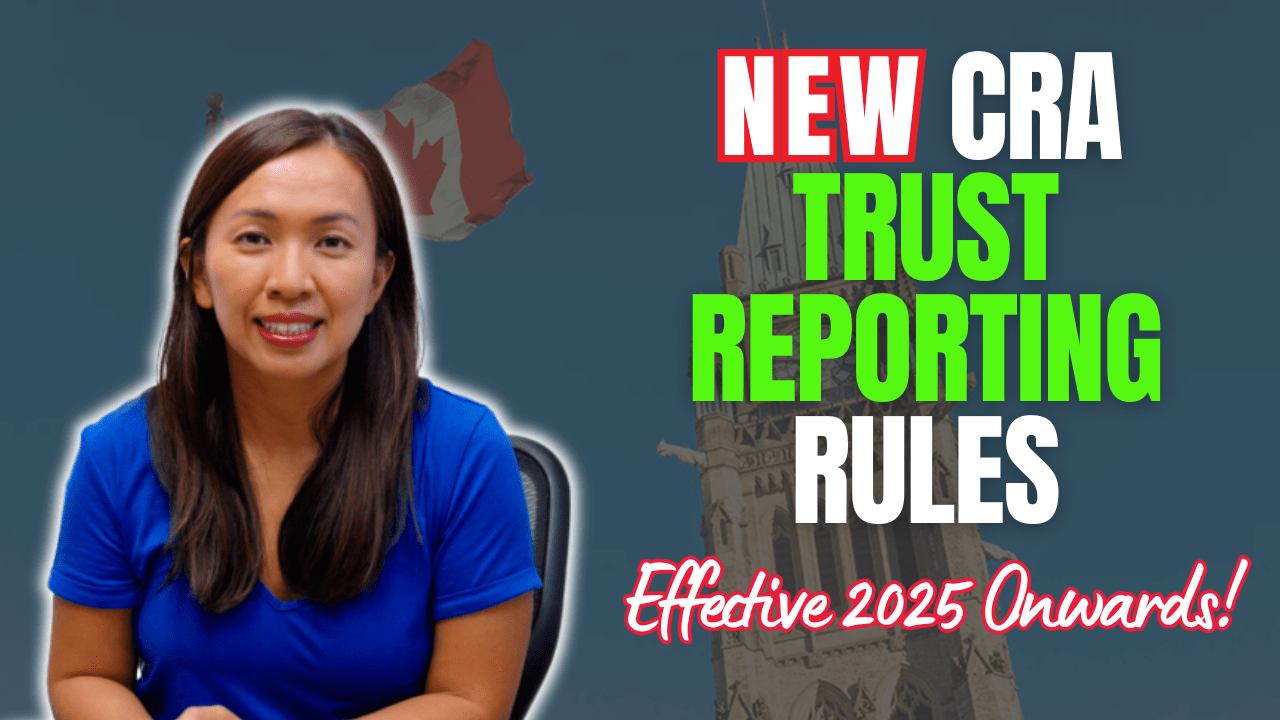
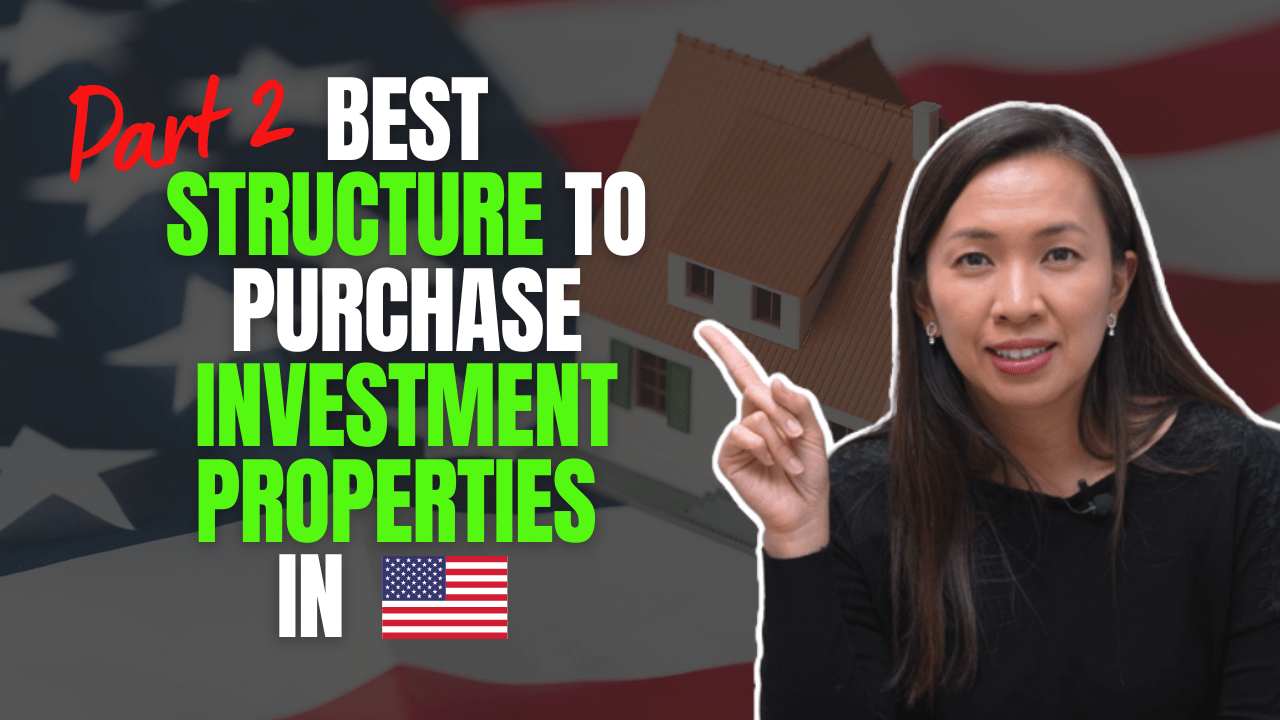
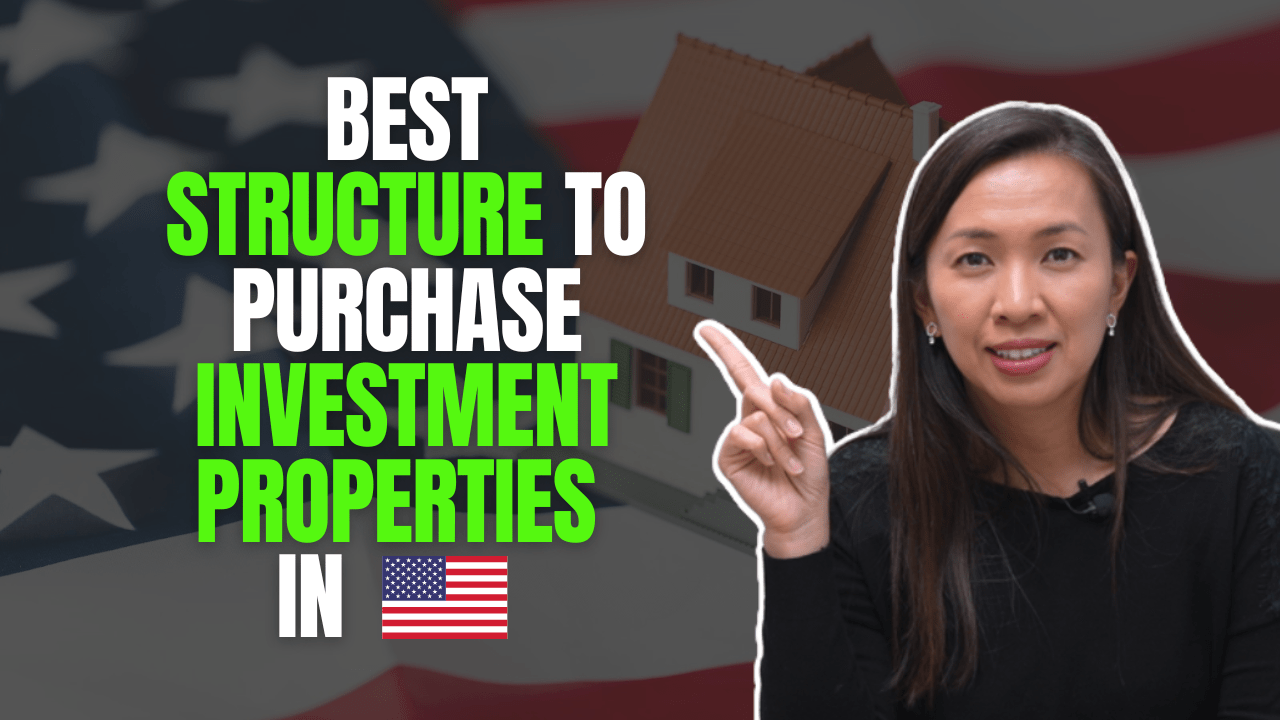
Joan
So many “ifs” to conclude it isn’t worth it. What if it is worth it? What if it’s the easiest 20% you could ever make? What if you kid does go to university? What if you do make a great return on it? What if your taxation rate or your kid’s taxation rate is much lower by then? What if you can invest in real estate or other income producing assets in your RESP? I feel this article was written with an initial bias towards investing in real estate. Think about it.